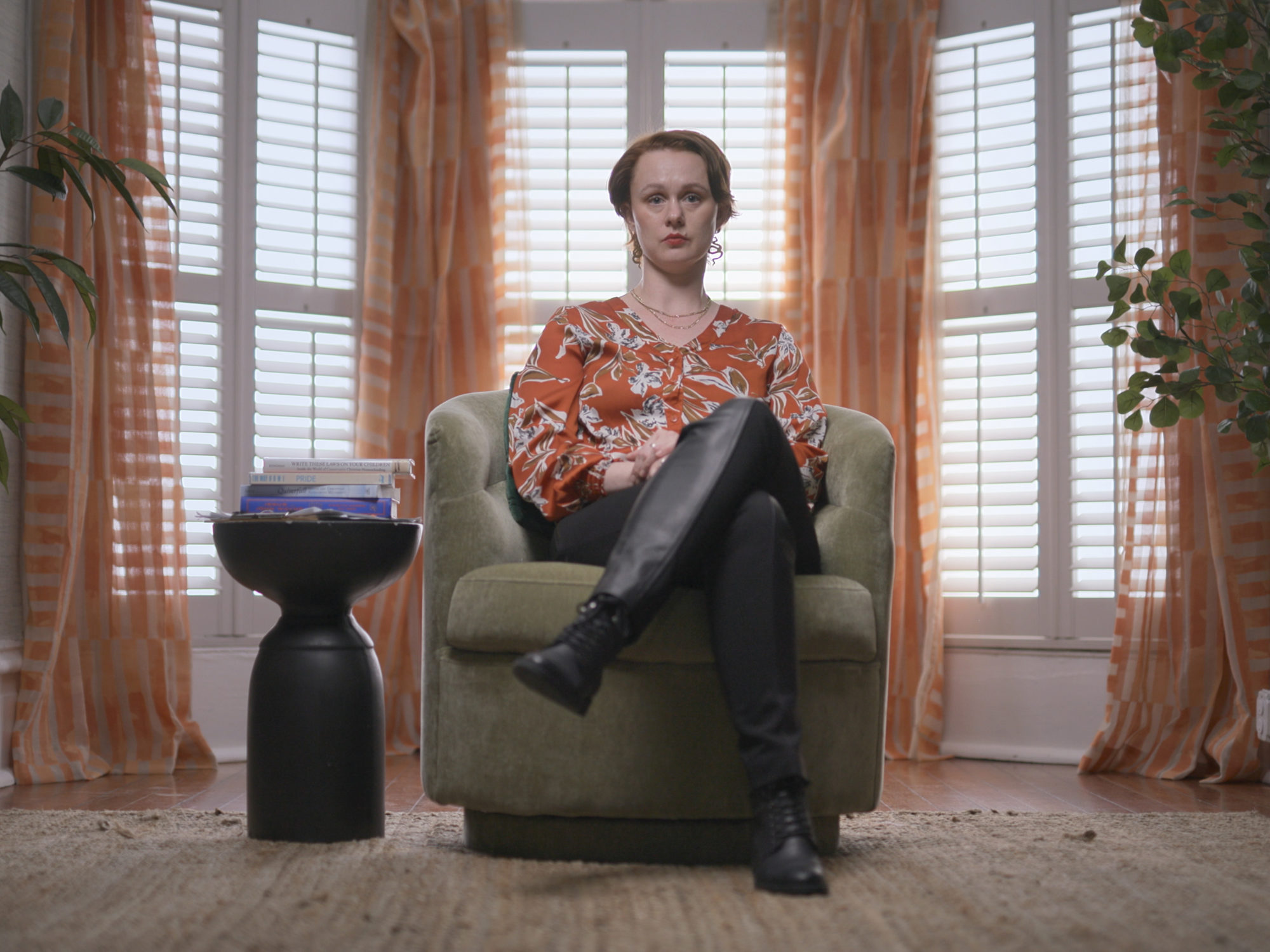Author: Eve Ettinger
-
I’m sitting at the picnic table in my parents’ kitchen, the mess of art projects and nubbins of flowers picked by siblings and half-finished notebooks and Costco packs of food surround me. Walking down the hill this morning to make coffee cake before they left for church, I had to stop and soak in the…
-
I am driving down Hull Street Road, coffee in the holster, string cheese in my teeth, driving into the sunrise. I am back in this town with my boots strapped on tight and my coat swishing at my knees when I walk, so I can run on the ice and so I might not get…
-
I wrote this back in September 2014. xo, h. * It was raining when he picked me up. I dashed through the steaming air and bounce-slam into the back seat behind Jean. Jean was tense, her shoulders riding high and her chin tucked in. “Hi,” I chirped, settling into my seat. Her dad looked at…
-
“Love and abuse cannot coexist.” – bell hooks. It’s been over a year since I first read bell hook’s masterful treatise on love, All About Love: New Visions. The book called to and was answered by changes stirring in my heart, little epiphanies cracking the surface of my reality, and it was the catalyst for…
-
I made chocolate chip oatmeal pecan cookies and have been eating them with breakfast and coffee almost every morning this week for a midmorning snack. I have zero compunction about doing so ever since I made chocolate chip cookies for my French hosts when I was there in high school, and they ate them for…
-
I’m pretty passionate about women needing to embrace their own sexuality without shame and without regard to male sexual desire, and today I’m over at The Friendly Atheist to review Dannah Gresh and Dr. Juli Slattery’s book Pulling Back the Shades, their Christian response to 50 Shades of Grey. This [is] a pervasive problem in Christian relationship books…
-
Isn’t the American dream autonomy over self in the face of the man, getting a little privacy and a little power — just enough to live well and in peace? I’m not much of one for American idealism, but this bit has always resonated. We like the freedom to do was we please so long…
-
For the last year, I’ve been sleeping on couches, borrowed mattresses, and at last, my own thin IKEA futon thrown down on the floor. I have lived out of a suitcase since last August. This last week I spent wound tight, my attention turned so intensely inward that I left threads hanging to tangle in…
